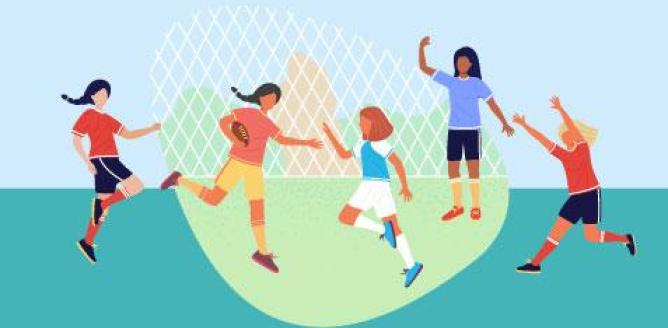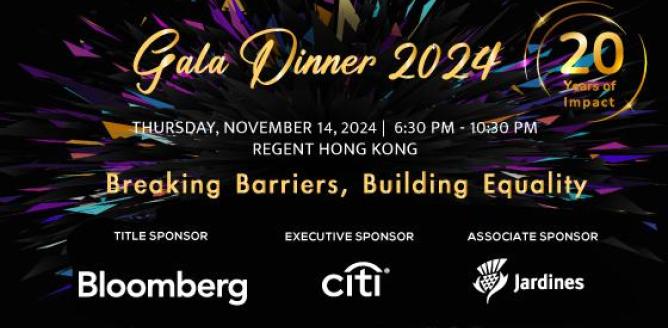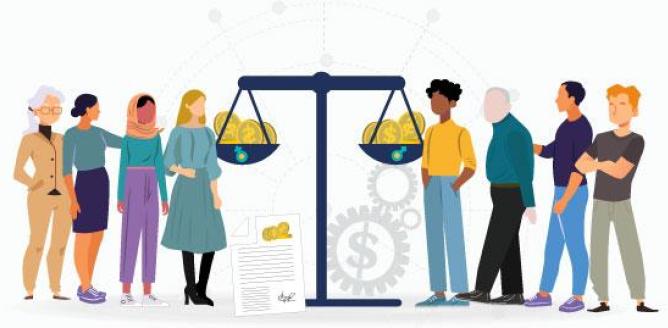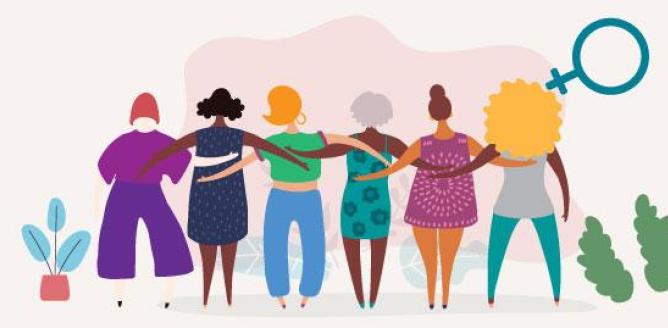Research has long confirmed the numerous physical and psychological benefits of people engaging in sports. Sports are particularly powerful for young girls, and studies have demonstrated that participating in sport is positively correlated with increased confidence, body image, academic performance and personal relationships.
However, for girls and women who want to play sports at an elite or professional level, they are often not accorded the same level of respect or recognition as their male counterparts in terms of prize money or salary, face greater marginalisation by the media when they violate gender norms, may be more vulnerable to sexual harassment or abuse, and experience gender-specific issues like loss of sponsorship or health insurance due to pregnancy.
Media plays a significant role in perpetuating disparities, and while events such as the Women's World Cup 2023 have proved there is public appetite for women's sports, wide gaps remain. In the US for example, despite comprising roughly half of those who play at collegiate or professional levels, media coverage for women’s sports is only 15%. This roughly matches media coverage percentages in Australia and the UK.
Female athletes have been fighting against systemic gender inequalities in sports for decades, and there are signs elite level competitions are finally closing the gender gap. Last year, the International Olympic Committee (IOC) signed an agreement with UN Women to advance gender equality through sports and it seems that some progress has already been made. As the world looks forward to the Paris Olympics in July, this will be the first Olympic Games in history where women athletes will have an equal number of places in the Games as male athletes. They have also increased the percentage of female commentators to 40%, with 50% female representation in managerial broadcasting staff.
Outside of the IOC’s efforts, individuals are also mobilising to create greater visibility for women in sports. Last year, Vanessa Åsell Tsuruga started Collective Visibility to increase women’s representation in sports thought leadership in the media and at conferences and summits. With a goal of identifying 1,000 women spokespeople in 100 countries before the Paris Olympics, they reached their goal 282 days ahead of schedule, demonstrating global female sports talent and expertise is there and needs greater visibility.
Sponsors are also beginning to recognise the importance of gender equality in sports. This is a win-win for all -- increased sponsorship for women's sports is a reflection of growing public popularity, provides significant benefits for brands, and naturally leads to increase visibility of women's sports.
Closer to home, this year’s Rugby Sevens have also served as an important model to close the gender gap in sports. Since last year, the World Rugby Sevens Series has committed to greater gender parity – hosting men's and women's events concurrently to ensure that women players have equal opportunities to showcase their talents alongside equal participation fees and greater female representation in referees.
The Hong Kong Rugby Union is also looking at creating greater gender parity in the wider rugby ecosystem, through having recently launched a programme aimed at increasing the level of women’s representation in leadership positions across teams, clubs and Hong Kong China Rugby.
At TWF, we know the importance of women’s equal visibility in sports like the Rugby Sevens cannot be overstated and we hope its example encourages other sports to follow suit. Female athletes are vital role models for girls to decide to pursue – and continue with – sports and all the benefits that come with this. Research shows that increased exposure to women athletes or sports teams increases like ability and interest in women’s sports for people of all genders. Given the ubiquity of watching and playing sports, as a society we have a responsibility to ensure that sports celebrate and reflect the gender diversity of our city.
Here are three ways you can help close the gender gap in sports:
- Attend games and support local women’s sports teams and contribute to their greater visibility
- Actively encourage girls and women to play sports and inspire them through introducing diverse female athletes and their incredible feats
- Learn about the history and challenges of women in sports and have open conversations about issues that persist
Get in touch at Fiona.Nott@twfhk.org.





















